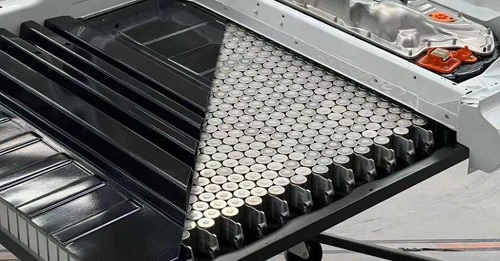In the past ten years, China’s new energy vehicles have experienced a development from 0 to 1. With the vigorous development of the global new energy vehicle industry, China’s lithium battery industry has also experienced unprecedented changes.
This rapid but thorough energy technology revolution will inevitably give birth to some industry leaders, but it is also destined to be full of ups and downs and joy.
Prelude to history
Lithium metal is becoming the key to driving the century-old transformation of automobiles. In the early 1990s, Sony began to produce 18650 lithium batteries, and since then, lithium batteries have started the process of industrial transformation.
Until more than 10 years ago, lithium batteries were mainly used in 3C digital products.

In just a decade or two, lithium batteries have started an industrial transition and are widely used in the new energy vehicle industry, becoming “white oil”.
In 2008, Panasonic acquired Tesla’s selected supplier Sanyo Electric, which also made it Tesla’s exclusive supplier, providing it with 18650 cylindrical batteries.
While Japan insists on hydrogen fuel cells, the lithium battery industry chain led by South Korea’s Samsung SDI and LG has begun to form.
Unlike the Japanese government’s support for the development of hydrogen fuel cells, the South Korean government supports the construction of lithium battery pure electric vehicles and charging infrastructure.
LG & Samsung SDI
LG New Energy is a veteran of the lithium battery industry. Its predecessor was the LG Chem Battery Division, and its products cover power batteries, energy storage and consumer batteries.
LG is the first company to mass-produce ternary cathode materials. In 2007, LG New Energy mass-produced NCM523 small batteries, in 2014, it mass-produced NCM811 batteries.
In 2012, LG surpassed Panasonic to take the first place in the lithium battery market, and Samsung SDI ranked seventh with a 2.2% share.
At this time, Japan and South Korea are fiercely competing in the field of consumer batteries and power batteries. In 2010, Japanese-funded companies accounted for half of the global lithium battery market share, and Korean companies accounted for 30%.
At this time, China’s lithium battery companies have just laid the foundation.
……next post continued





